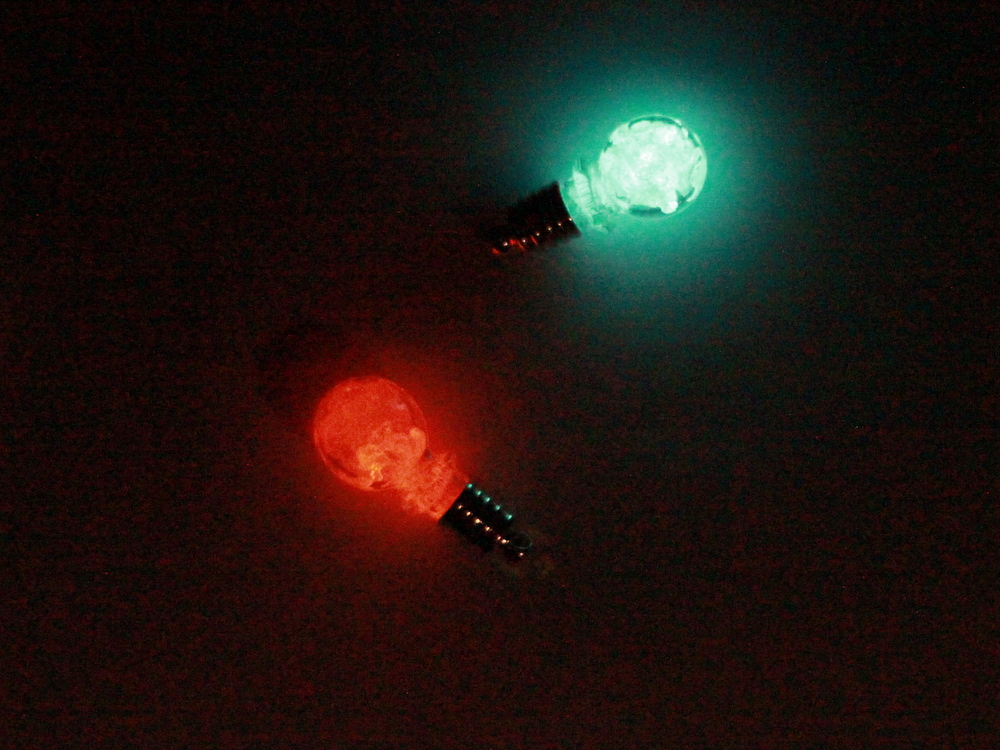Team:Cambridge/Bioluminescence/Colour
From 2010.igem.org
| Line 1: | Line 1: | ||
{{:Team:Cambridge/Templates/headerMinimalprototype}}{{:Team:Cambridge/Templates/headerbar|colour=#96d446|linkcolour=#6bbe00|title=Project Firefly: Coloured outputs}} | {{:Team:Cambridge/Templates/headerMinimalprototype}}{{:Team:Cambridge/Templates/headerbar|colour=#96d446|linkcolour=#6bbe00|title=Project Firefly: Coloured outputs}} | ||
| - | {{:Team:Cambridge/Templates/RightImage|image=Cambridge-Wed.jpg| | + | {{:Team:Cambridge/Templates/RightImage|image=Cambridge-Wed.jpg|Couloured bacterial bulbs}} |
| - | smith and smith reported | + | smith and smith reported point mutations that change the colour of luciola cruciata luciferase. Different coloured outputs would allow co-reporter assays and |
==Methods== | ==Methods== | ||
Revision as of 16:16, 26 October 2010

smith and smith reported point mutations that change the colour of luciola cruciata luciferase. Different coloured outputs would allow co-reporter assays and
Methods
We used site directed mutagenesis to produce these specific mutations. pSB1C3 with the luciferase and LRE genes is a sizeable plasmid so we performed two separate PCR reactions to generate two halves of the plasmid (using oligonucleotides with the point mutation). PCR products were run on an agarose gel and the relevant bands gel extracted then joined by Gibson Assembly. Cells were transformed with the product. This method avoids cells being transformed with the non-mutated, template plasmid. As an additional check colonies which grew from sucessfully transformed cells were imaged inside a dark box after addition of luciferin to check the colour of the light produced was as expected.
Results
We produced...
 "
"
